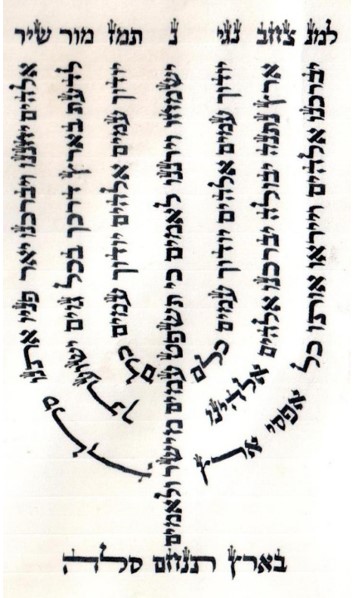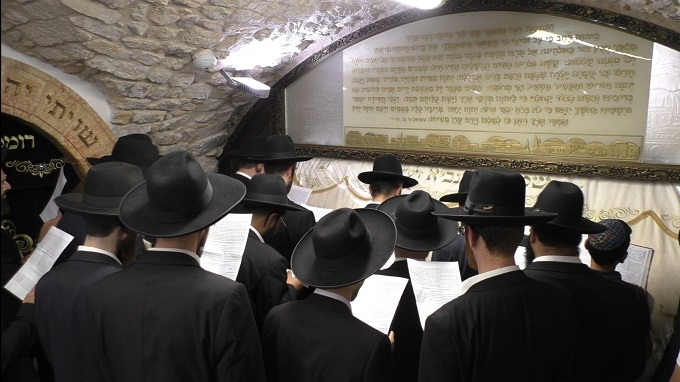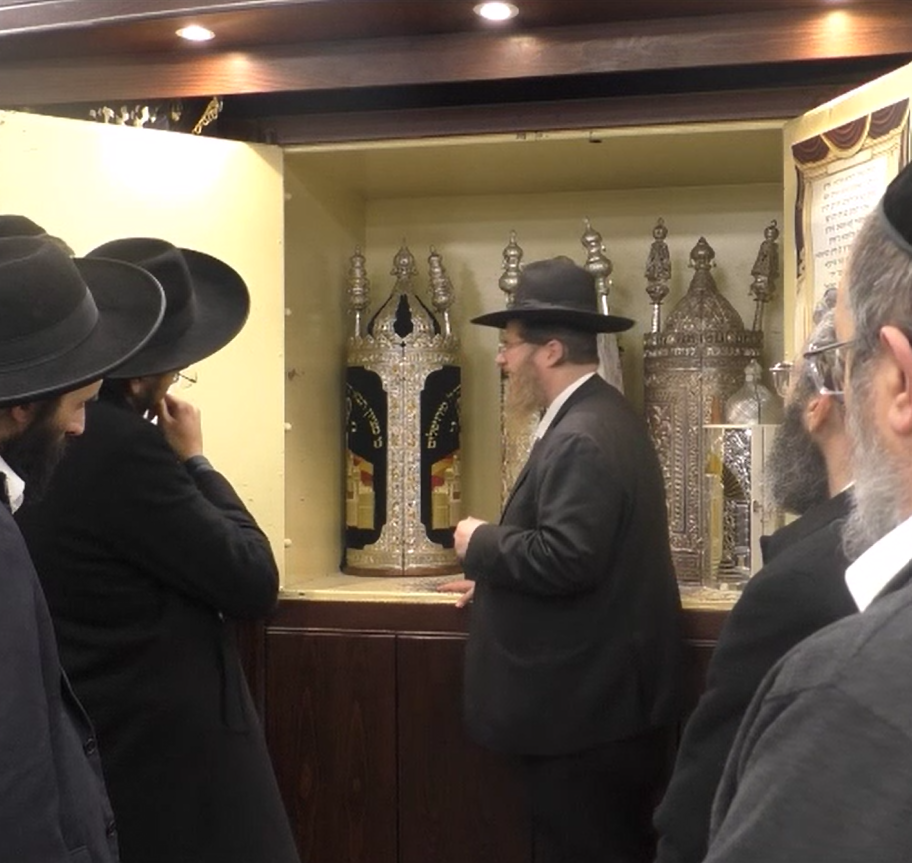
The laws of Maaser Kesafim (the Monetary Tithe)
Summary of the Tithing laws on Financial Income (Ma’asrot, Tzedakah, etc.) How much should a person donate of their profits


Could you please advise me on the following:
1. What are the appropriate times for Shacharit, Mincha, and Ma’ariv given my overnight work schedule?
2. How should I structure my davening and adhere to the proper procedures for each prayer given my unusual sleep pattern?
3. Are there any specific considerations or adjustments I need to make in order to maintain a balanced approach between my work responsibilities and observance?
I strive to fulfill my obligations while also fulfilling my work duties, and I would greatly appreciate your guidance in navigating this situation.
Thank you in advance for your assistance!
[1] ע”פ מה שכתב הבן איש חי (פרשת פקודי אות יד) שהנעורים כל הלילה, יאמרו ק”ש של המיטה עם כל הפסוקים מעט קודם חצות, אמנם מכיון שהינך טרוד ועסוק בעבודתך, יש להקל לקורא רק את ג’ הפרשיות של ק”ש ללא הפסוקים שלאחריה.
[2] ע”פ שולחן ערוך (או”ח סימן ד’ סעיף יג).
[3] שולחן ערוך אורח חיים הלכות תפלה (סימן קי סעיף ב):
הפועלים שעושין מלאכה אצל בע”ה, אם אינו נותן להם שכר חוץ מסעודתן, מתפללין י”ח, אבל אין יורדין לפני התיבה ואין נושאין כפיהם; (י) ואם נותן להם שכר, מתפללין הביננו. “והאידנא, אין דרך להקפיד בכך, ומסתמא אדעתא דהכי משכירין אותם שיתפללו י”ח”. ע”כ. אע,ג דיש להתבונן מזה באופן שבעל הבית אינו יהודי, מ”מ אין דרכו של בעל הבית להקפיד על צורכי פועליו כשעושים כן לא על חשבון העבודה באופן קבוע, כלענ”ד.
PLEASE NOTE*
Attention: You should not learn from one case to another, each case must be analyzed individually. Generally speaking, it's always best to have contact with a Rabbi in person, not just virtual contact. Note that where there is a local Rabbi("Mara Deatra"), one should ask him. The answers are under the responsibility of the rabbi who responded, and not under the responsibility of the website and/or the Head of the Institution.
Last Articles

The laws of Maaser Kesafim (the Monetary Tithe)
Summary of the Tithing laws on Financial Income (Ma’asrot, Tzedakah, etc.) How much should a person donate of their profits

The laws and customs of Passover – according to the customs of Syrian Jewry (Aram Soba)
The laws and customs of Passover – according to the customs of Syrian Jewry (Aram Soba), and in particular

A video is presented to you regarding the segulah of the stone of the righteous, for those who wish to

The Highness of Kever Rachel – in the day of the Hilula, Cheshvan 11th (From the book Shoshani Tzion –

Kever Yosef Hatzadik in the city Nablus From the book Shoshanei Zion (still in manuscript) Yosef bones We are told

Kever Shmuel HaNavi – its Segulot and virtues
Taken from the book “Shoshanei Tzion” (still in manuscript) Kever Shmuel HaNavi is from the graves with a very ancient
You may interested
The Chief Rabbi of the Institute, together with dozens of Torah sages, will perform the Chidah’s segulah for you to raise your “Mazal” (luck, destiny), at the time of the opening of the Aron HaKodesh.
With Divine kindness, many were saved from their problems with this segulah!
Leave your details and we will return to you
